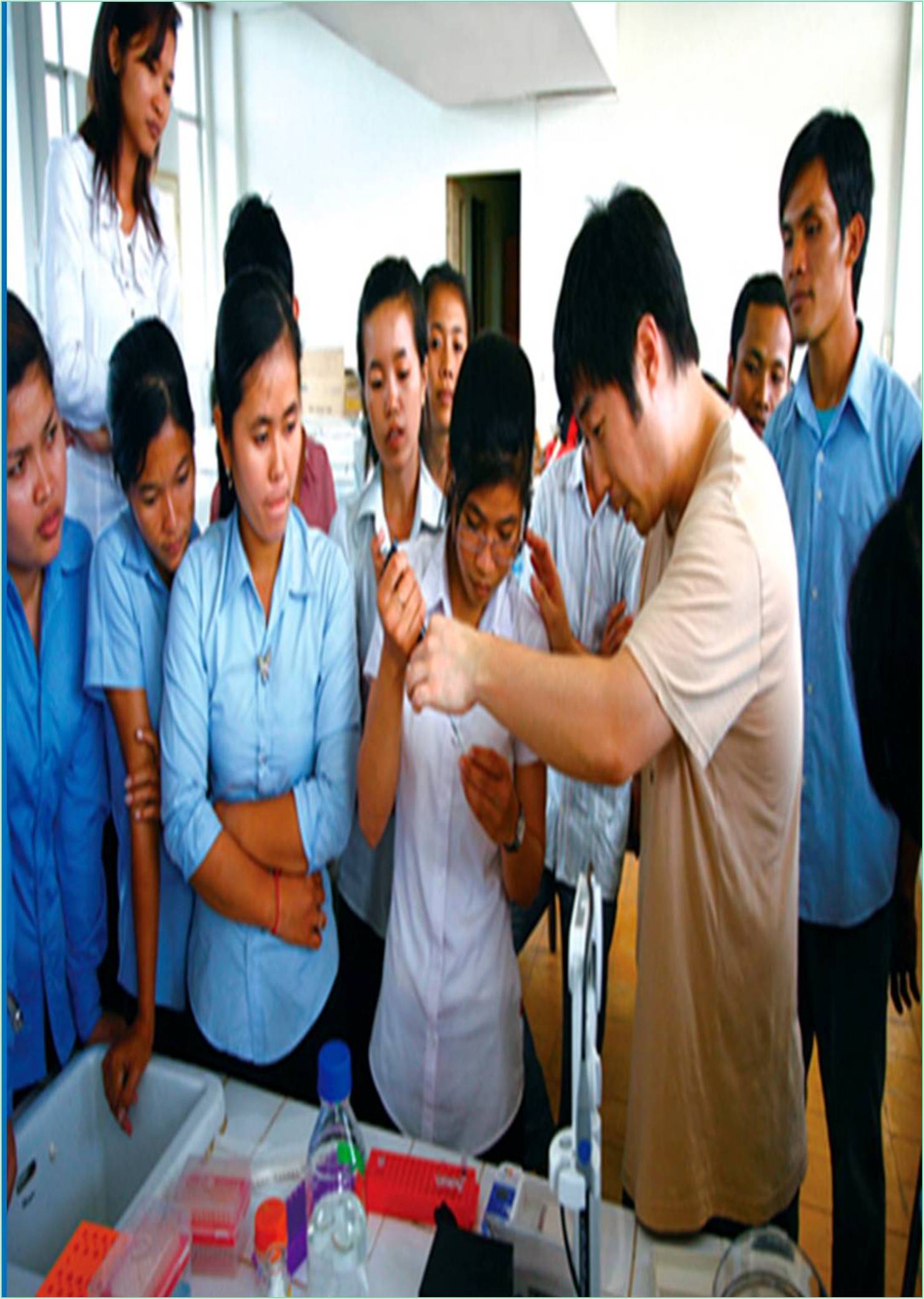



Received: 05-Aug-2022, Manuscript No. GEJST-22-72668; Editor assigned: 08-Aug-2022, Pre QC No. GEJST-22-72668 (PQ); Reviewed: 22-Aug-2022, QC No. GEJST-22-72668; Revised: 29-Aug-2022, Manuscript No. GEJST-22-72668 (R); Published: 05-Sep-2022, DOI: 10.15651/2465-7190.22.10.006
Children in primary and secondary schools gain from learning a variety of personal and social skills, such as peer connection skills, prosocial behaviours, leadership skills, problem-solving abilities, and personal and social responsibility skills in a world that is changing quickly. Children who have these personal and social abilities will not only study more effectively, but they will also be better prepared to move to adulthood. Physical Education (PE) and sports engagement appears to help young people build these social and personal qualities. In fact, there is rising interest in how physical education can help youth become ready for the demands and difficulties of daily life. According to a global PE survey, personal and social development is one of the primaries and most commonly mentioned objectives of European PE programmes. Participation in sports has also been connected to social and personal growth.
First, several terminology are used to convey comparable themes while discussing personal and social growth. The World Health Organization (WHO) refers to this as life skills education or psychosocial competency. In order to be considered psychosocially competent, a person must be able to successfully manage the demands and difficulties of daily life. It is the capacity of an individual to uphold a state of mental health and to exhibit this through adaptable and constructive behaviour while engaging with people, their culture, and their environment. According to the WHO's definition of the phrase "life skills education" which has also been used by experts in the field. Life skills education helps to promote personal and social development, avert health and social issues, and uphold human rights by facilitating the practise and reinforcement of psychosocial skills in a way that is culturally and developmentally appropriate. The WHO organised the United Nations Inter-Agency Meeting (UNIAM) in April 1998 to come to an agreement on the definition and goals of life skills education.
Due to the social nature of physical education and sports, they are seen as effective tools for helping students develop their prosocial competencies, such as prosocial responsibility and cooperation. The transferability of these skills to other areas of life is one of the reasons that physical education and sports are appropriate environments for developing these skills. Children can learn problem-solving, teamwork, and communication skills through physical education and sports, for instance, and these are abilities they will need in everyday life, such as at home or at work. Numerous programmes have been created over time to specifically teach these abilities in physical education or sports. Originally created to reintegrate problematic teenagers into society, Teaching Personal and Social Responsibility (TPSR) are now frequently used in regular PE programmes. Cooperative Learning in Physical Education and Sport Education are two examples of teaching strategies that promote social and emotional growth in students through physical education. Even while there is a growing interest in the contribution that physical education and sports make to the advancement of social and personal development, it's vital to remember that merely taking part in these activities does not guarantee beneficial results. It is the duty of physical education instructors and athletic trainers to establish the educational conditions necessary for successful outcomes. Youth sports programmes that foster psychosocial development are those that intentionally and systematically employ athletics to give participants experiences that foster self-discovery and teach them life skills. Additionally, these programmes have well-defined objectives and plans of action to improve the transferability and generalizability of life skills to other significant life domains.
A proactive approach to children's development is strongly advised in addition to the planned and intentional context. Instead of concentrating on issues that need to be resolved, which is a negative approach, the emphasis should be on the person's strengths. Policymakers, researchers, and practitioners are paying more and more attention to how PE and sports may promote social and personal growth. An assessment on the educational benefits of PE and sports was given, however the data supporting the personal and social benefits of PE and sports.